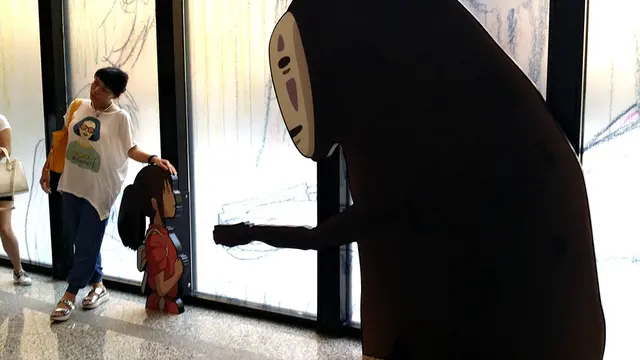A special court in Pakistan will frame formal high treason charges against former military president Pervez Musharraf on March 31, a court order said Thursday.
The verdict was issued after reports suggested that Justice Faisal Arab has quit the three-member special court because of claims by Musharraf's defence lawyers that the judge is not impartial.
The court, however, clarified that Justice Arab had walked out of the proceedings only for one day as Musharraf's lawyer, Anwar mansoor, said he is not satisfied with the court's proceedings.
The court's order also said the earlier decision of summoning Musharraf on March 31 will persist and that he would be arrested if he failed to appear. The court has already issued the non- bailable arrest warrant for the former president.
The special court also dismissed petitions filed against the non-bailable arrest warrant of Musharraf.
Musharraf faces high treason charges for suspending the constitution when he declared emergency rule in 2007.
Defence lawyer Anwar Mansoor on Thursday said he is not satisfied at the way the case is being heard. He reiterated his criticism against the issuance of non-bailable arrest warrant for his client.
The court in an early verdict this month had rejected all objections to the court's formation, the bias of its judges and procedure of the judge's nomination.
Musharraf's lawyers have also raised objections to the appointment of special prosecutor, Akram Shaikh, who had insisted on issuing non-bailable arrest warrant after Musharraf did not appear before the court despite several orders.
Musharraf's another defence lawyer Ahmed Raza Kasuri told reporters that the defence team had told the bench they are not comfortable with the proceedings. Justice Arab has walked out of the proceedings and adjourned the court.
The former president had challenged jurisdiction of the special court and his defense lawyers had argued that only a military court can try Musharraf under army act.
Musharraf's lawyers had insisted that their client had imposed emergency when he was the army chief and that a military court can only try him under military act.
A previous ruling stated that Musharraf is now a retired man and he is no more a subject of the military laws.
Musharraf had taken over in a bloodless coup when he dismissed the government of Prime Minister Nawaz Sharif in 1999.
Musharraf, who had resigned in 2008 as president and had gone into exile, returned to Pakistan in March this year to run in parliamentary elections. However, a court disqualified him from competing in the May elections.
 简体中文
简体中文

